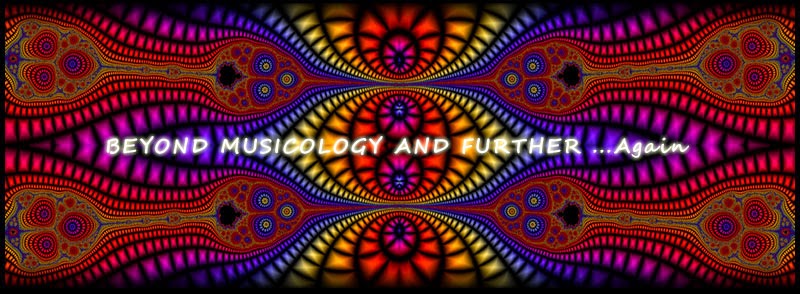sexta-feira, 30 de setembro de 2022
David Crosby & Graham Nash - Another Stoney Evening 2003
Gary Duncan Quicksilver - Live at Fieldstone 1997
listen here or here
Gong - The Universe Also Collapses 2019
quarta-feira, 28 de setembro de 2022
Jaco Pastorius - Curtain Call (Live) 1986
Houndmouth - Good For You 2021
listen here or here
Hukwe Zawose - Bagamoyo 2008
Lake Street Dive - Bad Self Portraits 2014
Hallelujah the Hills - I'm You 2019
Gizmodrome - Gizmodrome 2017
Gary B.B. Coleman - Too Much Weekend 1992
After a career as a local bluesman and blues promoter in Texas and Oklahoma, Gary Coleman found his niche when he signed over his first album, a self-produced outing originally issued on his own label, to the fledgling Ichiban company out of Atlanta in 1986. Since that time, both Coleman and Ichiban have made their marks in the blues field: not only did Coleman release half-a-dozen of his own albums, he also oversaw production of the bulk of Ichiban's hefty blues catalog, bringing to the studio a number of artists he'd booked or toured with in his previous career (Chick Willis, Buster Benton, and Blues Boy Willie, among others). A singer/guitarist on-stage, Coleman often took on a multi-instrumentalist's role in the studio. His music remained true to the blues and to the King legacy saluted in his "B.B." moniker and in his acknowledged debt to fellow Texan Freddie King.
Coleman began listening to the blues as a child and by the time he was 15, he was working with Freddie King. Following his association with King, Coleman supported Lightnin' Hopkins and formed his own band, which played around Texas. Gary also began booking blues musicians into clubs in Texas, Oklahoma, and Colorado. He continued to play gigs and book concerts for nearly two decades. In 1985, he formed Mr. B's Records, his own independent label. He released his debut album, Nothin' But the Blues, the following year. The album was popular and gained the attention of Ichiban Records, who signed Coleman and re-released Nothin' But the Blues in 1987.
If You Can Beat Me Rockin', Coleman's second album, was released in 1988. That same year, he began producing albums for a number of other artists, as well as writing songs for other musicians and acting as an A&R scout for Ichiban. Between 1988 and 1992, he released six records and produced another 30, including albums for Little Johnny Taylor and Buster Benton. Coleman continued to be active until his untimely death in the mid-'90s, both as a performing and recording artist, as well as a producer. AMG.
listen here or here










